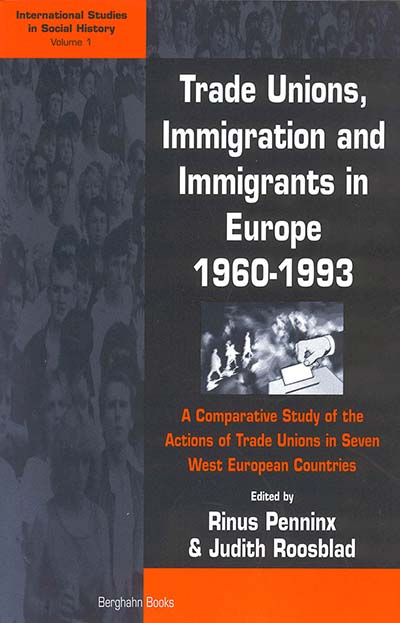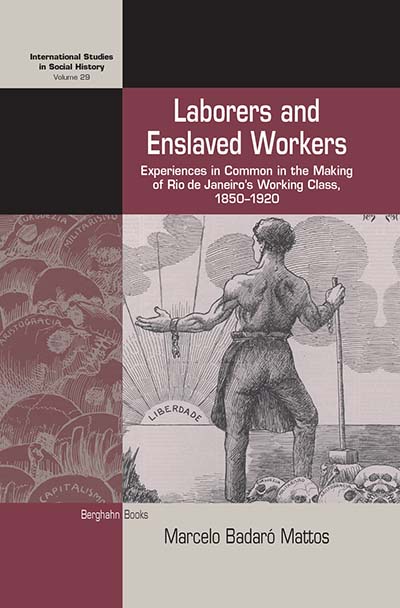
Series
Volume 32
International Studies in Social History
See Related
History JournalsEmail Newsletters
Sign up for our email newsletters to get customized updates on new Berghahn publications.
Planning Labour
Time and the Foundations of Industrial Socialism in Romania
Alina-Sandra Cucu
Foreword by Don Kalb
266 pages, 6 tables, bibliog., index
ISBN 978-1-78920-185-7 $135.00/£99.00 / Hb / Published (April 2019)
eISBN 978-1-78920-186-4 eBook
2020 ASEEES ED A. HEWETT BOOK PRIZE FOR OUTSTANDING PUBLICATION ON THE POLITICAL ECONOMY OF RUSSSIA, EURASIA AND/OR EASTERN EUROPE: HONORABLE MENTION
Reviews
“…a path-breaking study in the making of communism in Eastern Europe after the end of the Second World War …a highly innovative re-reading of the socialist transformation in Romania between 1945 and 1955…The stories that Cucu tells of industrial workers are incredibly rich and capture their life-worlds with a clarity that is truly insightful. It is social history from below at its very best.” • Moving the Social: Journal of Social History and the History of Social Movements
“By digging out less known and therefore more valuable archive information and combining it with an ethnographic study, the book powerfully demonstrates the importance of the local context. The dystopia of communism and socialism is addressed through the lenses of anthropology and sociology… Without this excellent contribution delivered by Alina-Sandra Cucu, one can get only piecemeal information about planning labour and eventually daily life in socialist Romania. Therefore, this book is a must-read.” • Eurasian Geography and Economics
“An important addition to the history and understanding of socialist transformation. Alina-Sandra Cucu covers in much detail territories that have been largely excluded from the literature of the socialist transformation of Romania, if not Eastern Europe itself.” • David A. Kideckel, Central Connecticut State University
“Thoroughly researched and beautifully written, this volume provides the reader with a sophisticated and timely perspective on socialist accumulation. It is a valuable contribution to scholarship in labour history.” • Mara Mărginean, Romanian Academy
Description
Impoverished, indebted, and underdeveloped at the close of World War II, Romania underwent dramatic changes as part of its transition to a centrally planned economy. As with the Soviet experience, it pursued a policy of “primitive socialist accumulation” whereby the state appropriated agricultural surplus and restricted workers’ consumption in support of industrial growth. Focusing on the daily operations of planning in the ethnically mixed city of Cluj from 1945 to 1955, this book argues that socialist accumulation was deeply contradictory: it not only inherited some of the classical tensions of capital accumulation, but also generated its own, which derived from the multivocal nature of the state socialist worker as a creator of value, as living labour, and as a subject of emancipatory politics.
Alina-Sandra Cucu holds a PhD in Sociology and Social Anthropology from Central European University, Budapest. She has been a junior researcher at the Max Planck Institute for the History of Science in Berlin and a visiting scholar at the International Research Centre ‘Work and Human Lifecycle in Global History’ (re:work) at Humboldt University. She is currently working on a second book project that investigates the incorporation of the Romanian car industry into global commodity chains since the mid-1960s.


